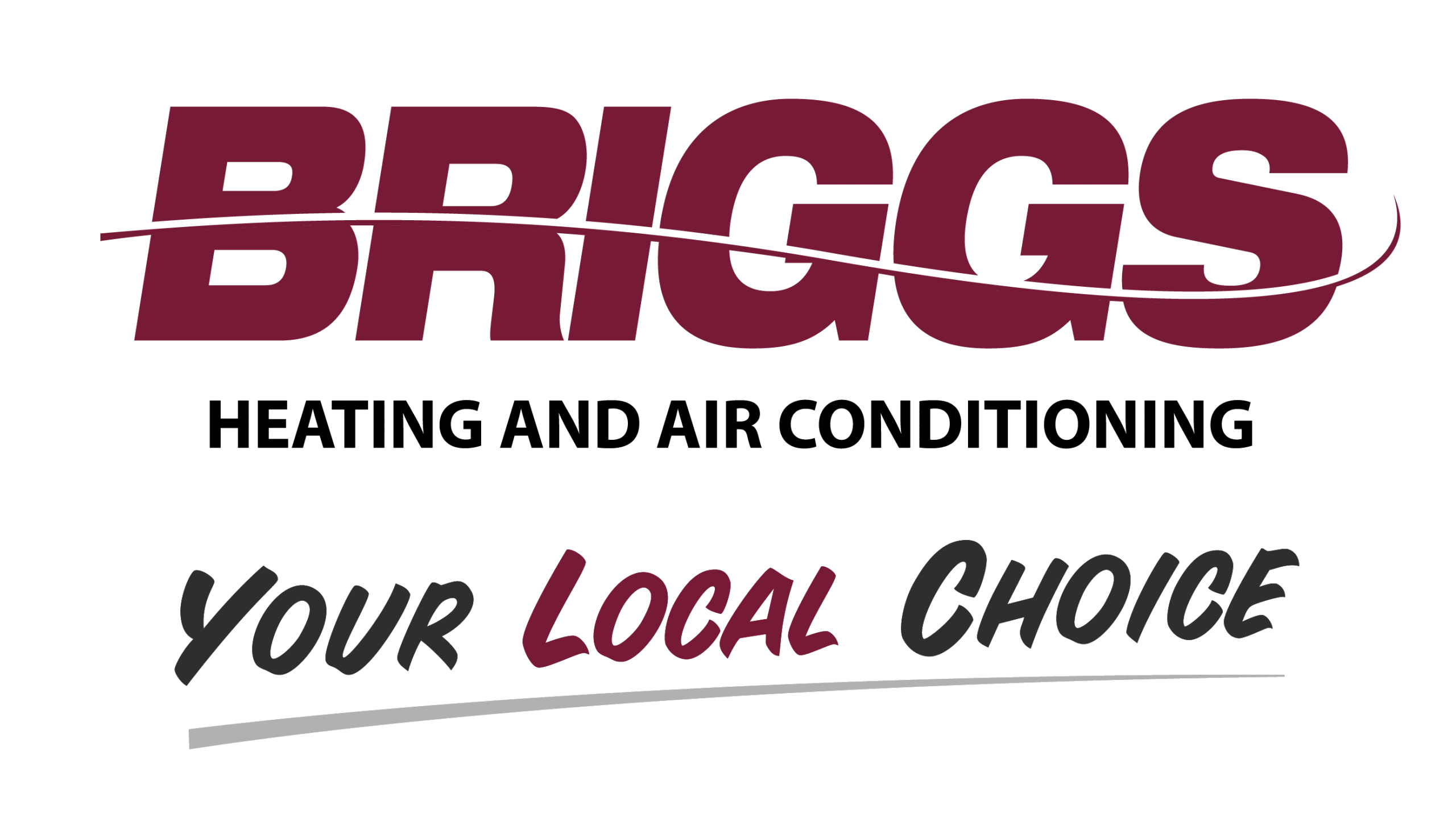In areas of the country that have substantial heading demands, Illinois winters for example, efficient heating systems aren’t just a way to get comfortable more easily, they have a critical financial and environmental importance. Recent advancements in home heating technology have helped transform how homes are heated, which in turn has made older systems seem increasingly outdated and inefficient by comparison. Modern systems have not only more modern heating technology in general but also frequently benefit from the integration of smart technology and eco-friendly features that enhance their overall performance and user convenience.
In this post, we’re going to explore the cost benefits of modern heating systems and look at why upgrading your home’s heating technology isn’t just a matter of more luxurious heat, but a strategic and cost-driven decision. Whether it’s through lower utility bills, increased property value, or reduced carbon footprint, the advantages of modern heating systems make them a solid investment for just about any homeowner. Let’s look a little closer at why.
A Closer Look At Modern Heating Systems
Modern heating systems are created with the goal of efficiency and sustainability, while also incorporating advanced technologies that help dramatically boost their performance compared to older models or heating styles. In many cases, these systems include features like programmable thermostats, giving users more precise control over their environment and reducing the amount of energy waste. On top of that, many modern systems also integrate smart home technology, enabling remote control and monitoring via apps.
While there is a wide variety of modern heating systems available, three types in particular stand out for their efficiency and eco-friendliness.
1. Heat Pumps: These systems are notable for their ability to provide both heating and cooling. Using electricity to transfer heat rather than generate it, heat pumps can offer more than double the efficiency of traditional electric resistance heaters.
2. Solar-Assisted Systems: These combine traditional heating systems with solar energy, using solar panels to collect and convert sunlight into energy that assists in heating the home. This reduces reliance on non-renewable energy sources and can significantly cut energy costs.
3. High-Efficiency Boilers: Modern boilers are much more efficient than older models, often achieving efficiency ratings of 90% or higher. They use less fuel to generate the same amount of heat, resulting in lower heating costs and reduced emissions.
When homeowners invest in any one of these more modern heating systems, they can leverage improved heating performance, lower bills, and a far smaller carbon footprint. This can help households align goals of energy efficiency with the basic need of home heating.
Initial Costs vs. Long-Term Savings
Investing in a more modern heating system will often mean a significant upfront cost, which typically reflects the technological upgrade, while also being based on the cost of the system itself and the cost to install it. This can vary significantly depending on the system type and the installation complexity. For example, a high-efficiency boiler might cost anywhere from $3,000 to $7,000, while heat pumps could range from $4,000 to $8,000, and solar systems can top $10,000 or more, particularly if there’s a need for extensive panel installation.
Considering, and even despite these initial expenses, the long-term savings that modern heating systems offer homeowners can’t be overstated. These systems are designed to be far more energy-efficient than their predecessors, which means they need less energy to heat the same area, and they can often do it much quicker. On top of that, the durability and maintenance reduction associated with modern systems pushes down long-term costs even more.
In many areas, there are also government incentives that can offset the initial cost of investment. There are local, state, and federal programs that offer things like direct rebates, tax credits, and more, or installing more energy-efficient major appliances, like heating systems.
Finally, there is also a potentially substantial increase in perceived home value in a home that has had a modern heating system installed recently. Homes with energy-efficient systems often attract buyers willing to pay a premium for lower future utility costs and environmental benefits.
Increased Energy Efficiency
Modern heating systems are designed for maximum energy efficiency, particularly for reducing energy waste and operating costs. They often feature a high Annual Fuel Utilization Efficiency (AFUE) rating, which means that a large portion of the input energy is converted to usable heat.
Technologies like modulating burners and variable speed blowers adjust heating output to match real-time demands, cutting out the inefficient on-and-off ‘cycling’ that is so common with older systems. Additionally, smart thermostats integrated into these systems can learn and adapt to household heating patterns offering even more optimization and remote control ability.
Environmental Impact and Government Incentives
Modern heating systems are more efficient at converting energy to heat, which minimizes environmental impact by reducing fuel demands and lowering combustion emissions. To encourage this, there are countless areas where government incentives have created a monetary reason to upgrade.
For residents of Illinois, for example, programs like the Illinois Energy Efficiency Loan Program and the federal Residential Renewable Energy Tax Credit create loans and tax credits to assist those looking to upgrade their equipment. They help not only lower the upfront cost, but they can also give a tax credit later that continues to support homeowners making environmental progress.
Final Thoughts
Overall, upgrading to a more modern heating system offers several substantial cost benefits as well as environmental advantages, making it an incredibly smart investment for any homeowner. By upgrading to more energy-efficient technologies, Illinois residents can enjoy significant reductions in energy bills, improved comfort, and a general increase in home value.
Combined with available government incentives that can help offset initial upfront costs, transitioning to a more modern heating system supports a healthy bottom line as well as a healthy planet. As we continue to search for more sustainable solutions, upgrading your heating system is a practical, actionable choice that can deliver ongoing savings while supporting more global efforts to reduce energy consumption.
